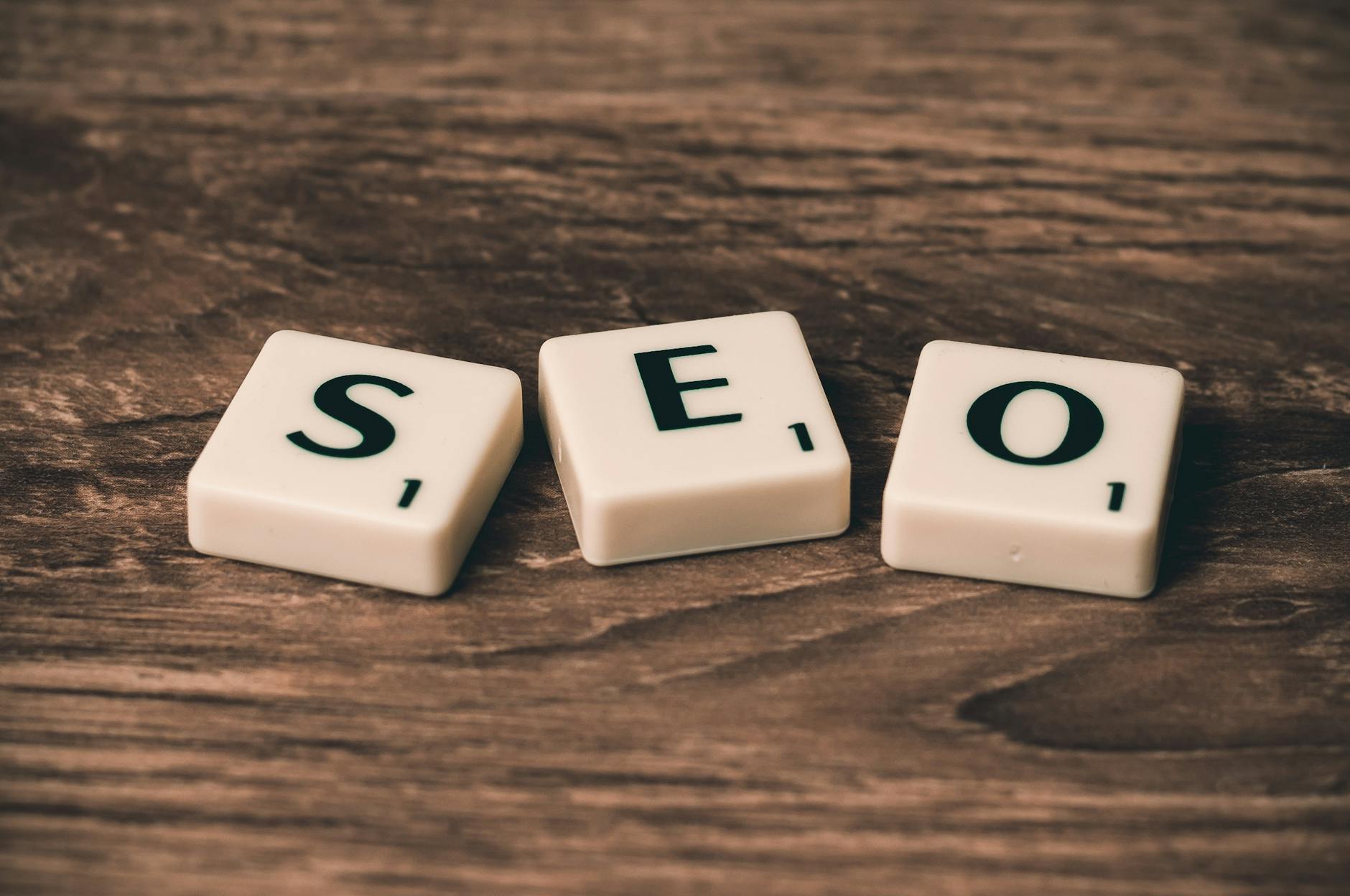Are you looking to skyrocket your Shopify sales in no time? Look no further! In today’s digital age, mastering the art of Shopify SEO is crucial for small businesses aiming to thrive in the online marketplace. By leveraging the power of search engine optimization, you can propel your products or services to the forefront of potential customers’ online searches.
Shopify, a leading e-commerce platform, offers a myriad of SEO features to help businesses like yours stand out in the competitive online landscape. From conducting effective keyword research to optimizing your product descriptions and meta tags, Shopify provides the tools you need to enhance your online visibility and attract qualified leads.
Understanding the importance of SEO for your Shopify store is the first step towards unlocking its full potential. By implementing proven SEO strategies tailored to your business niche and target audience, you can drive organic traffic to your site, increase conversions, and ultimately boost your sales overnight.
To delve deeper into the world of Shopify SEO and harness its benefits for your business, Shopify’s SEO resources serve as invaluable guides. From optimizing your website structure to creating compelling content that resonates with your audience, Shopify’s SEO resources offer practical insights to help you maximize your online presence and drive sustainable growth.
Understanding Shopify SEO
When it comes to Shopify SEO, understanding key strategies is essential for driving traffic and boosting sales. Let’s delve into the crucial aspects that can elevate your Shopify store’s visibility and performance.
Keyword Research and Strategy
Keyword research forms the bedrock of any successful SEO strategy. By uncovering the terms your target audience is searching for, you can optimize your Shopify store to align with their queries. Utilize tools like Google Keyword Planner or SEMrush to identify relevant keywords with high search volumes. Incorporate these keywords naturally into your product descriptions, meta tags, and URLs to improve your store’s visibility and attract organic traffic.
Optimizing Product Pages
Optimizing your Shopify product pages is vital for enticing potential customers and improving search engine rankings. Ensure each product page has a unique title, meta description, and keyword-rich content. Opt for high-quality images, detailed product descriptions, and customer reviews to enhance user experience and increase the likelihood of conversions. Additionally, optimize page load speed and ensure mobile responsiveness for a seamless browsing experience.
Utilizing Shopify Apps for SEO
Harnessing Shopify apps dedicated to SEO can streamline optimization efforts and amplify your store’s performance. Consider integrating apps like Plug in SEO, SEO Booster, or Smart SEO for automated tasks such as meta tag optimization, broken link detection, and sitemap generation. These apps can provide valuable insights and recommendations to enhance your SEO strategy and drive more organic traffic to your Shopify store.
Photo by Pixabay
For further information on optimizing your Shopify store for SEO success, check out Shopify’s guide that offers comprehensive insights and best practices. Unlock the potential of your e-commerce store by implementing these SEO tips and watch your sales soar overnight.
On-Page SEO Best Practices
When it comes to boosting your Shopify store’s visibility and driving more traffic to your site, implementing effective On-Page SEO practices is crucial. By optimizing various elements on your webpage, you can improve your search engine rankings and attract more potential customers.
Creating SEO-Friendly URLs
Crafting SEO-friendly URLs is essential for enhancing your site’s discoverability on search engines. By including relevant keywords in your URL structure, you can signal to search engines what your page is about. When creating URLs for your Shopify store, aim to keep them concise, descriptive, and easy to read. Avoid using symbols or numbers that don’t add value to the URL and prioritize clarity for both search engines and visitors.
Optimizing Meta Tags and Descriptions
Meta tags and descriptions play a vital role in helping search engines understand the content of your Shopify store’s pages. By crafting compelling meta titles and descriptions that include relevant keywords, you can improve your click-through rates and overall SEO performance. Ensure each page has a unique meta title and description that accurately represents the content on the page. Consider using action-oriented language and highlighting what sets your products or services apart from competitors.
Enhancing Site Speed and Mobile Responsiveness
Site speed and mobile responsiveness are key factors that influence both user experience and SEO rankings. A fast-loading website not only provides a better browsing experience for visitors but also signals to search engines that your site is well-maintained and user-friendly. To enhance your site speed, optimize images, leverage browser caching, and eliminate unnecessary plugins. Additionally, ensure that your Shopify store is mobile-responsive to cater to the growing number of users accessing websites on smartphones and tablets.
Photo by Pixabay

Off-Page SEO Strategies
Off-page SEO plays a crucial role in boosting your Shopify website’s visibility and driving more traffic. It involves optimizing external factors to enhance your site’s authority and relevance to search engines. Let’s explore two vital off-page strategies that can elevate your Shopify SEO game.
Building Quality Backlinks
Backlinks are like upvotes for your website in the eyes of search engines. They indicate trust and authority, impacting your site’s ranking. Acquiring high-quality backlinks from reputable websites is essential for improving your SEO. Consider reaching out to industry influencers or relevant websites for guest posting opportunities. Crafting valuable content that naturally attracts backlinks can also boost your Shopify site’s credibility.
 Photo by Pixabay
Photo by Pixabay
Utilizing Social Media for SEO
Social media platforms are not only excellent marketing tools but also valuable assets for SEO. Sharing your Shopify website’s content on social media can increase its visibility and drive traffic. Engage with your audience, respond to comments, and encourage social sharing to enhance your site’s online presence. Leveraging platforms like Instagram, Facebook, and Twitter can amplify your SEO efforts and help your Shopify store reach a wider audience.
For more insights on off-page SEO strategies, you can check out these related resources:
- Off-Page SEO: What It Is & Tactics to Try: Explore common tactics like link building and guest posting.
- 6 off-page SEO strategies for small businesses worth implementing: Learn effective off-site SEO strategies for small businesses.
- What Is Off-Page SEO? Strategies Beyond Links: Understand the concept of off-page SEO and its impact on search engine rankings.
- Mastering Off-Page SEO: Boosting Your Website’s Visibility: Discover techniques like social media marketing to expand your site’s reach.
- Off-Page SEO 2024: Ultimate Guide For Beginners: Dive into effective off-page SEO techniques for beginners.
By implementing these off-page SEO strategies effectively, you can optimize your Shopify website for higher visibility and increased sales potential.
Monitoring and Measuring SEO Success
Monitoring and measuring SEO success is crucial for the growth of your Shopify store. By analyzing key metrics and testing strategies, you can enhance your website’s visibility and attract more potential customers. Here are essential methods to track and improve your SEO efforts:
Using Google Analytics for SEO Analysis
Google Analytics is a powerful tool that provides valuable insights into your website’s performance. By analyzing data such as organic traffic, bounce rates, and conversion rates, you can evaluate the effectiveness of your SEO strategies. Understanding these metrics allows you to make informed decisions and optimize your content for better search engine rankings.
 Photo by Kindel Media
Photo by Kindel Media
Implementing A/B Testing for SEO
A/B testing involves comparing two versions of a web page to determine which one performs better in terms of SEO metrics. By testing variables like meta tags, title tags, and content layout, you can identify the most effective elements for improving search engine rankings. Implementing A/B testing on your Shopify website can lead to significant enhancements in your SEO performance.
By utilizing Google Analytics and conducting A/B testing, you can fine-tune your SEO strategies and drive more traffic to your Shopify store. Constantly monitoring and measuring SEO success is key to staying ahead in the competitive digital landscape.
Conclusion
In the world of e-commerce, optimizing your Shopify store for search engines is crucial to drive traffic and increase sales. By implementing the SEO tips discussed in this article, you can boost your online visibility and attract more potential customers to your Shopify store.
Reflecting on Your SEO Strategy
It’s essential to regularly review and analyze the effectiveness of your SEO efforts. Monitoring key metrics such as organic traffic, keyword rankings, and conversion rates can provide valuable insights into what’s working well and where there’s room for improvement. Utilize tools like Google Analytics and Shopify’s built-in analytics to track your progress and make data-driven decisions.
Continuous Optimization
SEO is not a one-time task but an ongoing process. Keep abreast of the latest SEO trends and algorithm updates to ensure your Shopify store remains competitive in search engine results. Regularly update your keyword strategy, optimize meta tags, and improve site speed to maintain and enhance your online presence.
Engage with Your Audience
Building strong relationships with your customers is essential for long-term success. Leverage social media platforms, email marketing, and content creation to engage with your audience and drive brand loyalty. By providing valuable content and exceptional customer service, you can cultivate a loyal customer base and encourage repeat purchases.
Photo by MART PRODUCTION



